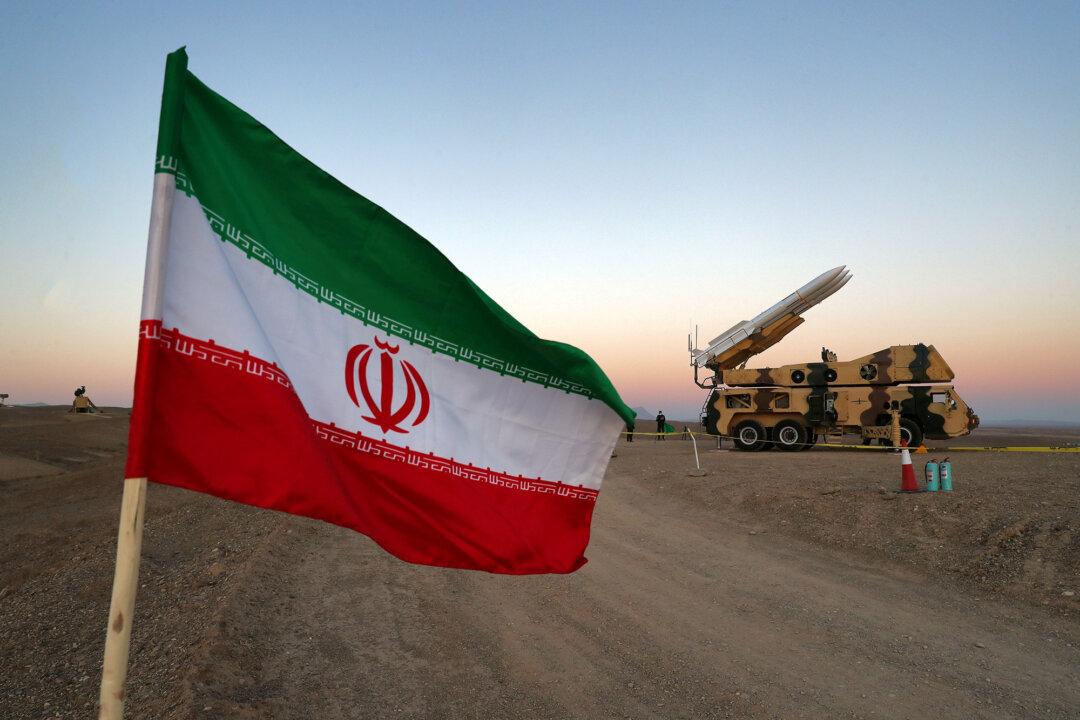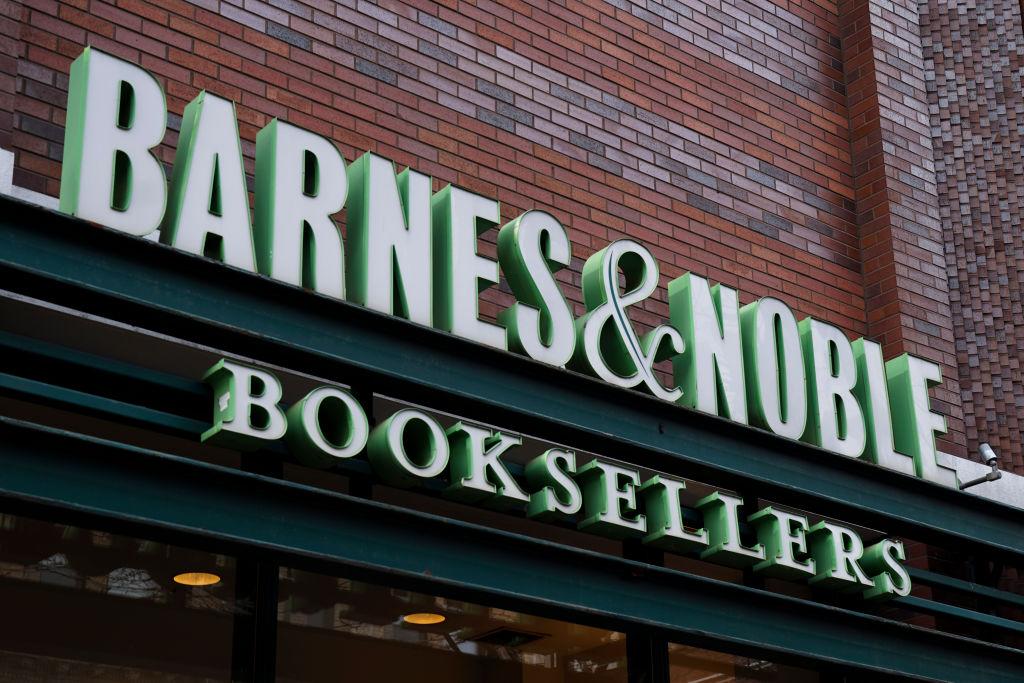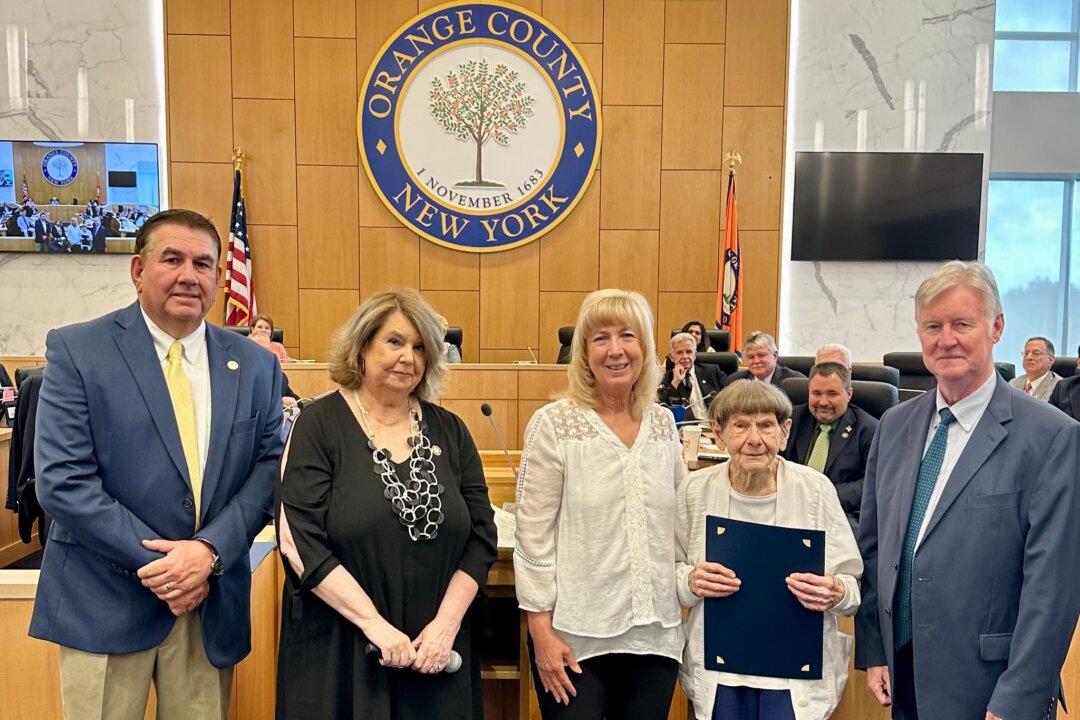DUBAI, United Arab Emirates—Iran’s top diplomat to Yemen died Tuesday after reportedly contracting the coronavirus, Iranian state TV said, just days after he was abruptly recalled from his mission in the war-torn nation.
State-run media in Iran said Ambassador Hassan Irloo had become infected with the coronavirus in Yemen, where a conflict between Iran-backed Houthi rebels and a Saudi-led military coalition has raged for six years. Authorities said he was flown out of the country for urgent medical treatment in Iran over the weekend.





